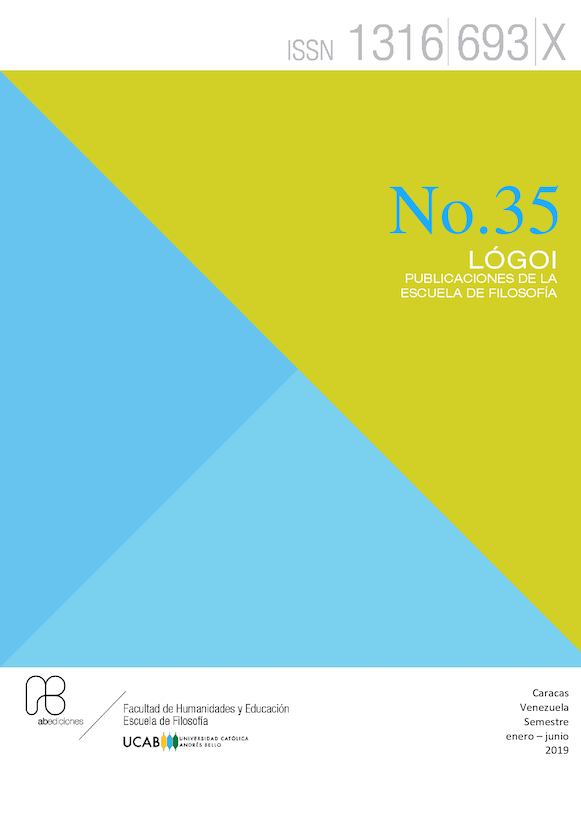Theory about Sound and Radio Studies: A Proposal of Dissemination
DOI:
https://doi.org/10.62876/lr.vi35.4108Keywords:
radio, sound, culture, production, receptionAbstract
In this article, I explore different approaches to sound as a technology materialized in radio. My purpose is to discuss the intersection between technology and art in order to understand how the arrival of radio had an impact on the intellectual and cultural production across the twentieth century. The theoretical discourse around radio is transversal to the pedagogic and sociological fields; however, the study of the influence of radio in the construction of the idea of “culture” (and its nuances of “high” and “low” culture) sometimes goes unobserved by theoretical and literary criticism. For that reason, I seek to indagate on how radio is present in the thought of theorists who, historically, have created a theoretical apparatus that we could call “global” in relation to the technologies of sound. Travelling across Europe, Asia, Africa and Latin America, I intend to create a theoretical cartography of the presence of radio in the global culture in order to propose a potential “bottom-up” approach to how literary criticism can nourish from the concepts provided by radio and the academic insights that have been done in relation to its production and reception.
Downloads
References
Adorno, Theodor W.: Current of Music. Elements of a Radio Theory. (Polity Press, 2008). p. 120.
Attali, Jacques: Noise. The Political Economy of Music. (U of Minnesota P, 2009). p. 87.
Barale, Peppino y Ana María. Radio educativa, popular y comunitaria en América Latina. Origen, evolución y perspectivas. (México, Plaza y Valdés, 1999).
Benjamin, Walter: “Reflections on Radio.” Michael Jennings (ed.). Walter Benjamin. Selected Writings. Volume 2. Part 2. 1931-1934. (Harvard UP, 1999).
Brecht, Bertol: Brecht on Theatre: The Development of an Aesthetic. John Willet (ed.). (New York, Hill and Wang, 1992).
De Bussiere, Michèle, et al. Radios et télévision au temps des «événements d’Algérie», 1954-1962. (París, L’Harmattan, 1999).
Fanon, Frantz: A Dying Colonialism. (Nueva York, Grove P, 1965), p. 69.
García Canclini, Néstor: Consumidores y ciudadanos: conflictos multiculturales de la globalización. (México, Grijalbo, 1995).
García Canclini, Néstor: Culturas híbridas. (México, Grijalbo, 1989).
Guattari, Félix: “Popular Free Radio.” Neil Strauss (ed.). Radiotext(e). (Nueva York, Semiotext(e), 1993).
Julio Cortázar: “El noble arte”. La vuelta al día en ochenta minutos, Tomo II. (México, Editorial Siglo XXI, 1967). 124-128, p. 124.
Kagawa, Tetsuo: “Free Radio in Japan: The Mini FM Boom.” Neil Strauss (ed.). Radiotext(e). (Nueva York, Semiotext(e), 1993).
Khlebnikov, Velimir: “The Radio of the Future”, Neil Strauss (ed.). Radiotext(e). (Nueva York, Semiotext(e)), 35.
Kyn Taniya: Radio (poema inalámbrico en trece mensajes). (México, Mal País, 2014), p. 52.
Larkin, Brian: Signal and Noise: Media, Infrastructure, and Urban Culture in Nigeria. (Duke UP, 2008), p. 67.
Martín-Barbero, Jesús: De los medios a las mediaciones: Comunicación, cultura y hegemonía. (Barcelona, Gustavo Gili, 1987).
Monsiváis, Carlos: “Notas sobre cultura popular en México”. Latin American Perspectives 5.1 (Winter 1978).
Ortiz, Fernando: Contrapunteo cubano del tabaco y el azúcar. (Madrid, Cátedra, 2002).
Pareja, Reynaldo: Historia de la radio en Colombia. (Bogotá, Servicio colombiano de comunicación social, 1984).
Raboy, Marc: “Radio as an Emancipatory Cultural Practice.” Neil Strauss (ed.). Radiotext(e). (Nueva York, Semiotext(e), 1993).
Sarlo, Beatriz: El imperio de los sentimientos: narraciones de circulación periódica en la Argentina. (Buenos Aires, Norma, 2004).
Sarlo, Beatriz: Escenas de la vida posmoderna. Intelectuales, arte y videocultura en la Argentina. (Buenos Aires, Ariel, 1994).
Sarlo, Beatriz: La imaginación técnica: sueños modernos de la cultura argentina. (Buenos Aires, Nueva Visión, 1992).
Vargas Llosa, Mario: La tía Julia y el escribidor. (Seix Barral, 1978), p. 57.
Whittington, Ian: “Radio Studies and Twentieth-Century Literature: Ethics, Aesthetics, and Remediation.” Literature Compass 11.9 (2014): 634-648, p. 635.
Winocur, Rosalía: Ciudadanos mediáticos: la construcción de lo público en la radio. (Barcelona, Gedisa, 2002).
Zaragoza, Luis: Voces en las sombras: una historia de las radios clandestinas. (Madrid, Cátedra. 2016), p. 32.
Published
How to Cite
Issue
Section
License
Copyright (c) 2023 Array

This work is licensed under a Creative Commons Attribution-NonCommercial-ShareAlike 4.0 International License.









.png)









